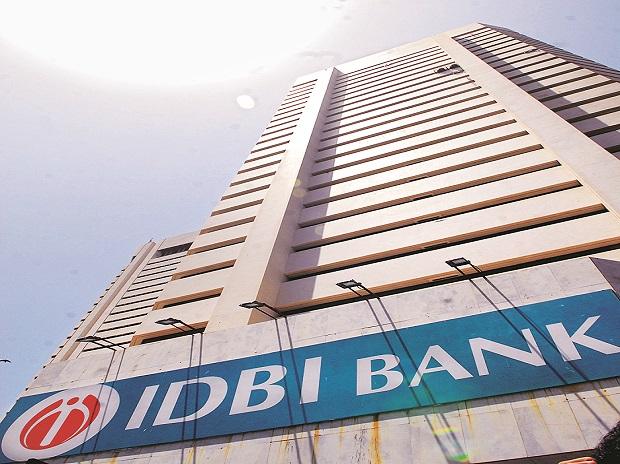The agency upgraded the rating for the Mumbai-based private lender's bonds, debentures and tier-II capital instruments from "A" to "A+"

While upgrading IDBI Bank’s ratings on sustained improvement in credit profile, rating agency ICRA flagged concerns over high asset quality pressures of the lender in the near term due to the pandemic. It said the bank’s return metrics could remain sub-optimal despite improvement in profitability.
The agency upgraded the rating for the Mumbai-based private lender’s bonds, debentures and tier-II capital instruments from “A” to “A+”. The ratings are based on standalone credit profile, as key investors Life Insurance Corporation of India (49.24 per cent) and the Government of India (45.48 per cent) want to offload their stake in the bank.
The rating factored in sustained improvement in the bank’s credit profile. The agency said the internal capital generation is likely to be sufficient for growth and maintaining cushion over the regulatory capital needs. IDBI Bank’s capital adequacy ratio (CAR) stood at 16.23 per cent with tier-I of 13.64 per cent in June 2021. IDBI Bank’s profitability includes recoveries from fully provided legacy stressed assets. It has used them for accelerated provisioning on other stressed assets and potential asset quality stress in the future.
The bank’s incremental slippages could remain high, given the large overdue book amid the weak operating environment and other vulnerable exposures. The bank maintains one of the highest provision coverage ratios (94 per cent) on its stressed assets. However, the timing of recoveries from these could remain uncertain. IDBI Bank’s ability to offset incremental credit costs by ensuring timely recoveries will be a key driver of net profitability, the rating agency said.
ICRA said on a forward-looking basis, normalised operating profitability is expected to remain better compared to past levels. But the elevated operational costs on a reduced scale and the high share of low/non-yielding assets will continue to impact the operating profitability.
Despite the onset of the pandemic, fresh non-performing assets (NPA) generation moderated to 2.12 per cent in FY21 from 8.35 per cent in FY20 and 12.73 per cent in FY19. However, with the onset of the second wave, NPA generation spiked to 5 per cent (on an annualised basis) in Q1 FY22 and the impact of various regulatory measures gradually ended. Nevertheless, the bank has guided towards the normalisation of NPA generation at 2-2.5 per cent in FY22, ICRA said.
No comments:
Post a Comment